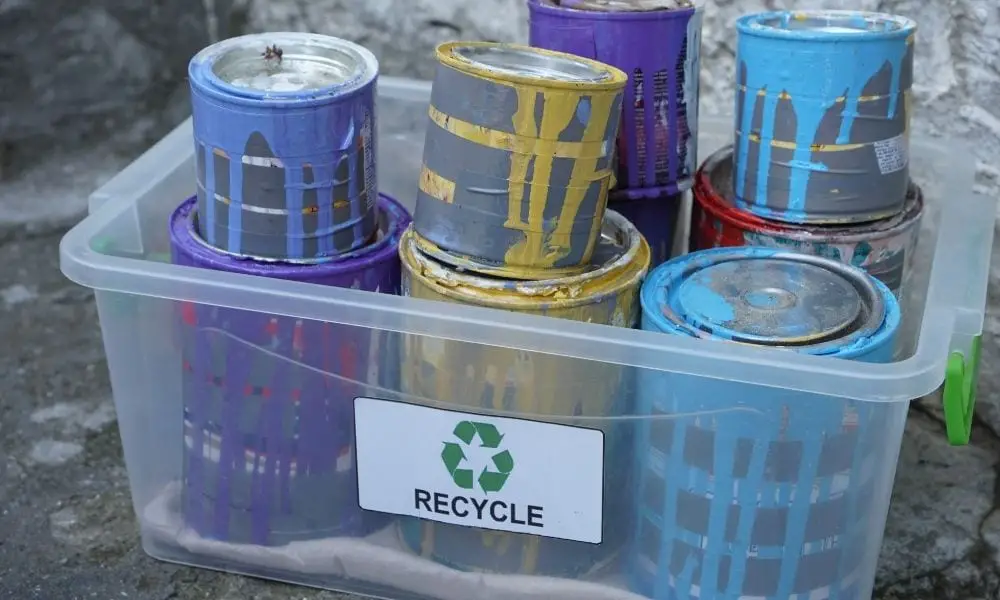

Hazardous waste disposal is important for any industry that creates it. It’s especially important when it comes to chemical, paint, and paper manufacturing. Those industries create the most hazardous waste through the chemicals they use in production and various byproducts. These industries could do harm to the environment, their employees, and their company’s reputation if they don’t follow regulations on hazardous waste disposal. Read more below to learn about the top industries that generate hazardous waste.
Chemical manufacturers are the most obvious among the top industries that generate hazardous waste. They must dispose of chemicals and byproducts responsibly. This industry makes industrial chemicals and also turns raw materials such as natural gas and crude oil into various products. When chemicals are created and used, hazardous byproducts often form in the process. For instance, chemical companies that make herbicides can create the dangerous byproduct amine during production. The byproduct is poisonous by inhalation, ingestion, and skin absorption. Therefore, it must be disposed of with other hazardous waste.
When manufacturing paint, hazardous waste is created, but, luckily, all of it can be recycled or reused. About 85 percent of the waste is solvents and heavy metals. They can leach into groundwater and contaminate it if the manufacturer doesn’t dispose of them correctly. If manufacturers do dispose of them correctly, they can be recycled and even resold. That can be a good incentive for business owners who fear that hazardous waste disposal is too costly. The other 15 percent of paint manufacturers’ waste is reusable waste, such as latex. These materials can be reused in other industrial processes, such as cement making.
While it may surprise some, the paper manufacturing industry produces a significant amount of hazardous waste. To turn wood into paper, the wood must go through a variety of chemicals, including carbon, sulfur, and nitrogen dioxides. Those chemicals are bad for the atmosphere. In addition, the paper-making process creates byproducts such as mercury and benzene. Because there are so many different types of waste, hiring the right workers becomes a key part of keeping employees safe from hazardous waste in paper mills. To avoid dangerous errors, manufacturers must hire professionals who are skilled in hazardous waste management.
When it comes to long-distance motorcycling, comfort, reliability, and smart engineering can make or break…
Flowers have seen significant transformation over time; online flower shopping is increasingly common now for…
Learn essential first-time landlord tips for success, from tenant screening to property maintenance. These strategies…
Every business will produce some form of waste. The real task isn’t preventing waste entirely—it’s…
Custom tailors can create unique garments that complement every inch of your body, and it’s…
Faulty wiring can ruin a perfect restoration. See how original-style harnesses preserve WWII Jeep reliability,…